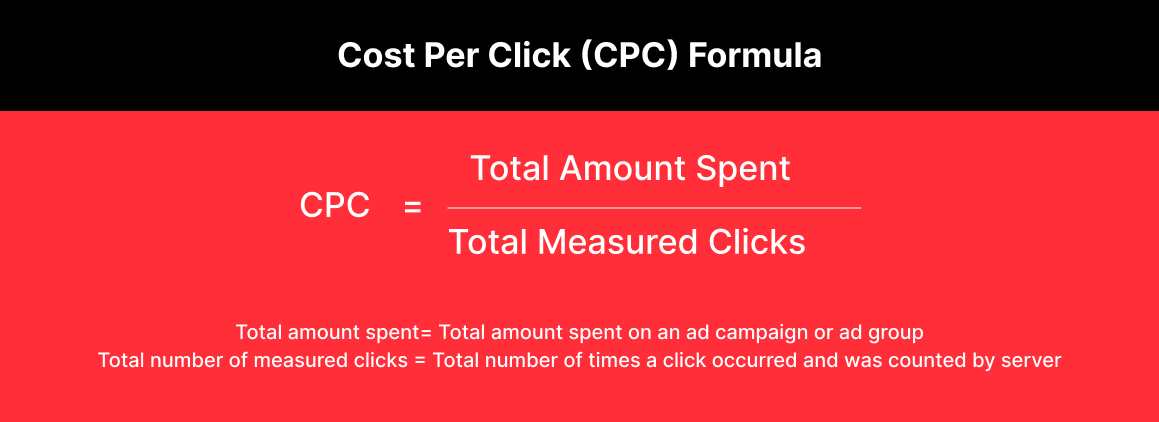- 27th November, 2024
- By Rob Lawson
Navigating the World of CPC: Your Cost-Per-Click Guide

CPC, or Cost Per Click, is a fundamental metric in digital advertising that plays a vital role in determining the effectiveness of PPC (Pay-Per-Click) campaigns. By measuring the cost incurred each time a user clicks on an advertisement, businesses can better manage their marketing budgets and evaluate engagement levels. Understanding CPC allows marketers to optimize their ad spending, making it an essential consideration for achieving successful advertising outcomes.
The Shift from Traditional to Digital Advertising
Gone are the days when advertising costs were tied to the number of newspapers sold or the number of viewers and listeners glued to their screens and radios. Back then, if an ad flopped, the finger was often pointed at the product or the ad itself, with media outlets rarely shouldering any blame. This old-school pricing model was all about distribution, without much accountability for actual engagement.
Source – PressbooksOER
Enter the digital era, where engagement is king. Digital marketing has given us the power to measure how consumers interact with ads. Imagine an ad popping up on a screen; a viewer clicks on it, whisked away to a landing page or website where the magic of conversion happens. This click-through model means you're no longer shelling out cash just for eyeballs on your ad; you're investing in actual, measurable interaction.
Understanding the Dynamics of Cost Per Click in Different Industries
This shift has sent waves of excitement through the advertising community. It's seen as a more equitable system, linking cost directly to consumer engagement. But let's talk numbers because the cost per click can vary wildly across different industries.
Take, for example, the keyword "Rattan furniture," which might cost a mere 73 cents per click. On the other end of the spectrum, we have the highly competitive legal sector, where a click for "personal injury" keywords can range from $70 to a staggering $250, depending on the market.
But here's the kicker: the price per click isn't the end-all-be-all. What truly matters is the number of leads and sales generated from those clicks. That's why starting with a modest advertising budget is wise. Google, which owns a colossal 95% of the PPC market, will ask how much you're willing to spend each day. Whether it's $10 or $1,000, once your budget's maxed out with clicks, your ad takes a break until the next day.
Maximizing Your Advertising Strategy: The Importance of Testing and Transparency in PPC
The beauty of the Google ecosystem is its transparency. It shows you the clicks you're missing out on, giving you a glimpse of the potential budget needed to maximize your ad's reach. But before you go all in, test the waters. Tinker with your ad copy, landing page, offers, and even the timing and targeting of your ads. Once you've dialed in the ROI, then consider expanding your budget.
It's important to note that PPC isn't the golden ticket for every industry or product. However, its popularity is undeniable, with Google raking in the majority of its revenue from this form of advertising. It works, and that's why it's worth exploring.
A word to the wise: proceed with caution. Without expert advice, it's easy to burn through your budget, especially if you're relying solely on Google's suggestions, which, let's face it, are designed to boost their profits. If you're unsure about the right CPC for your niche or how to allocate your budget effectively, don't hesitate to seek professional guidance.
Key Takeaway
Digital Assassin’s digital marketing packages include expertly crafted CPC services that strategically position your business in front of potential customers. We develop targeted campaigns featuring compelling content and eye-catching visuals, ensuring your ads resonate with the right audience. By working closely with your internal team, we tailor all campaigns to achieve optimal results.
To enhance your pay-per-click advertising strategy, connect with an assassin today.